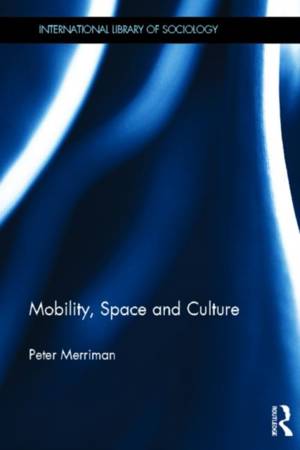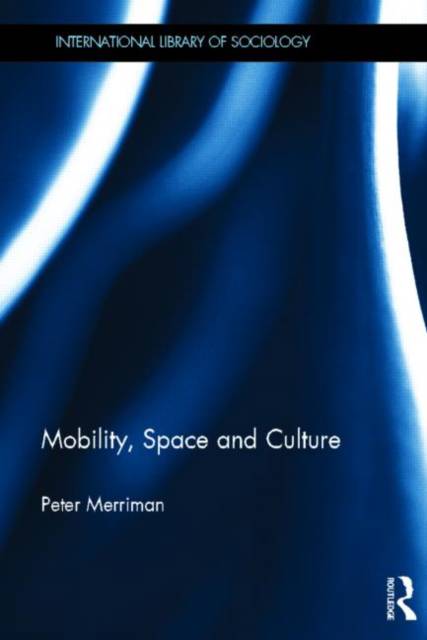
- Retrait gratuit dans votre magasin Club
- 7.000.000 titres dans notre catalogue
- Payer en toute sécurité
- Toujours un magasin près de chez vous
- Retrait gratuit dans votre magasin Club
- 7.000.0000 titres dans notre catalogue
- Payer en toute sécurité
- Toujours un magasin près de chez vous
Description
Over the past ten to fifteen years there has emerged an increasing concern with mobility in the social sciences and humanities. In Mobility, Space and Culture, Peter Merriman provides an important and timely contribution to the mobilities turn in the social sciences, encouraging academics to rethink the relationship between movement, embodied practices, space and place.
The book takes an interdisciplinary approach, drawing upon theoretical and empirical work from across the social sciences and humanities to provide a critical evaluation of the relationship between 'mobility' and 'place'/'site', reformulating places as in process, open, and dynamic spatial formations. Merriman draws upon post-structuralist writings on space, practice and society to demonstrate how movement is not simply practised or experienced in relation to space and time, but gives rise to rhythms, forces, atmospheres, affects and materialities which are often more crucial to embodied apprehensions of events than sensibilities of spatiality and temporality. He draws upon detailed empirical research on experiences of, and social reactions to, driving in late Victorian and Edwardian Britain to trace how the motor-car became associated with sensations of movement-space and enmeshed with debates about embodiment, health, visuality, gender and politics.
The book will be essential reading for undergraduates and postgraduates studying mobility in sociology, geography, cultural studies, politics, transport studies, and history.
Spécifications
Parties prenantes
- Auteur(s) :
- Editeur:
Contenu
- Nombre de pages :
- 224
- Langue:
- Anglais
- Collection :
Caractéristiques
- EAN:
- 9780415593564
- Date de parution :
- 18-06-12
- Format:
- Livre relié
- Format numérique:
- Genaaid
- Dimensions :
- 156 mm x 234 mm
- Poids :
- 494 g

Les avis
Nous publions uniquement les avis qui respectent les conditions requises. Consultez nos conditions pour les avis.






